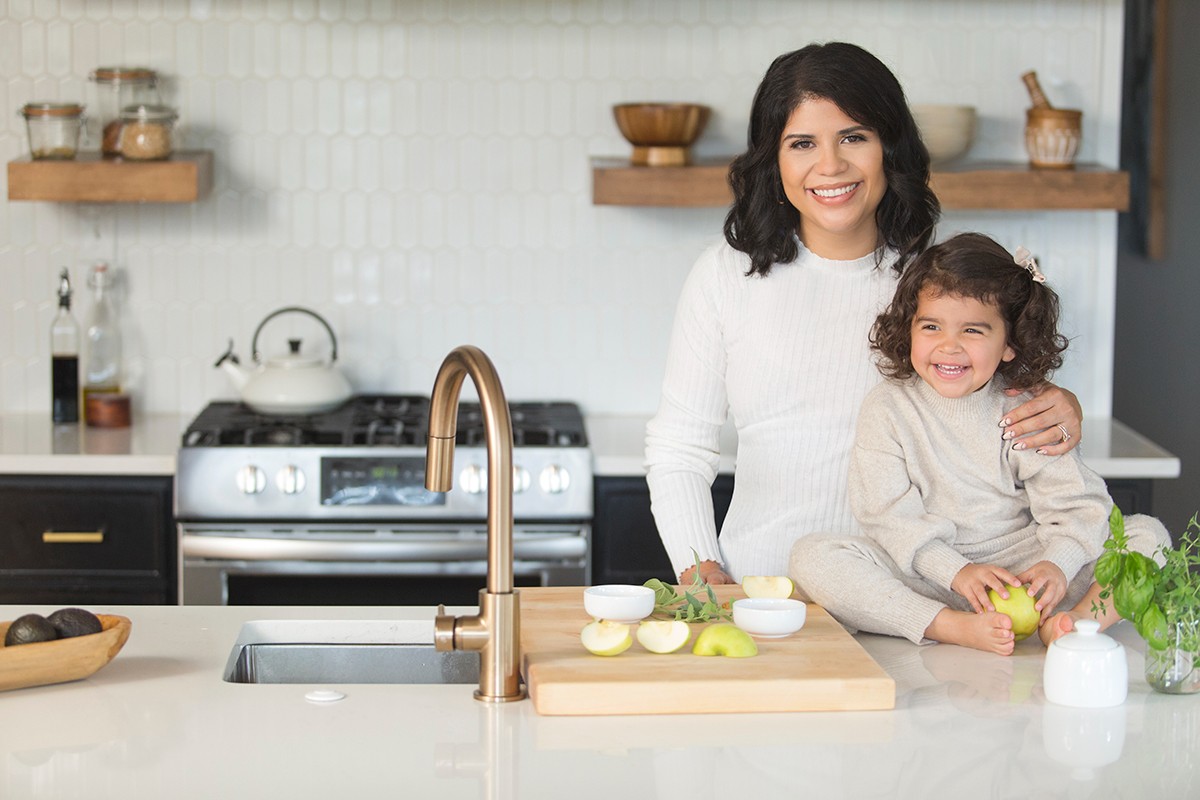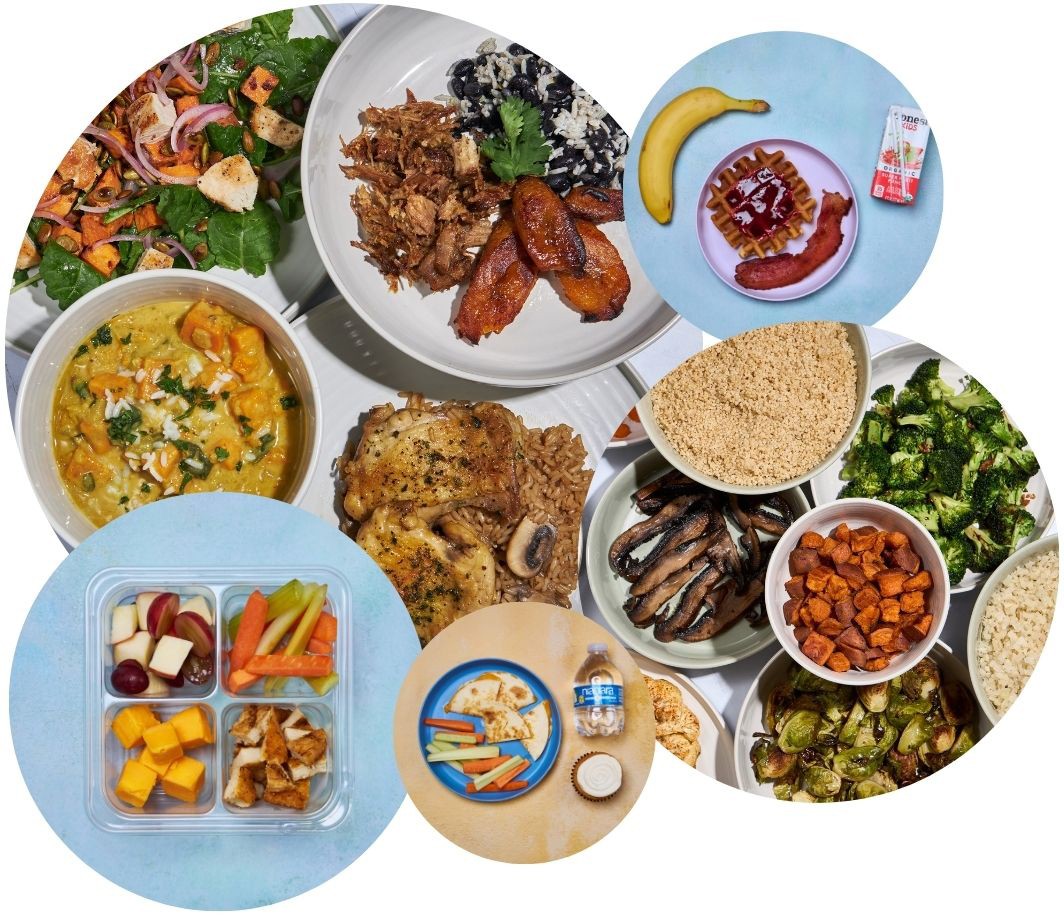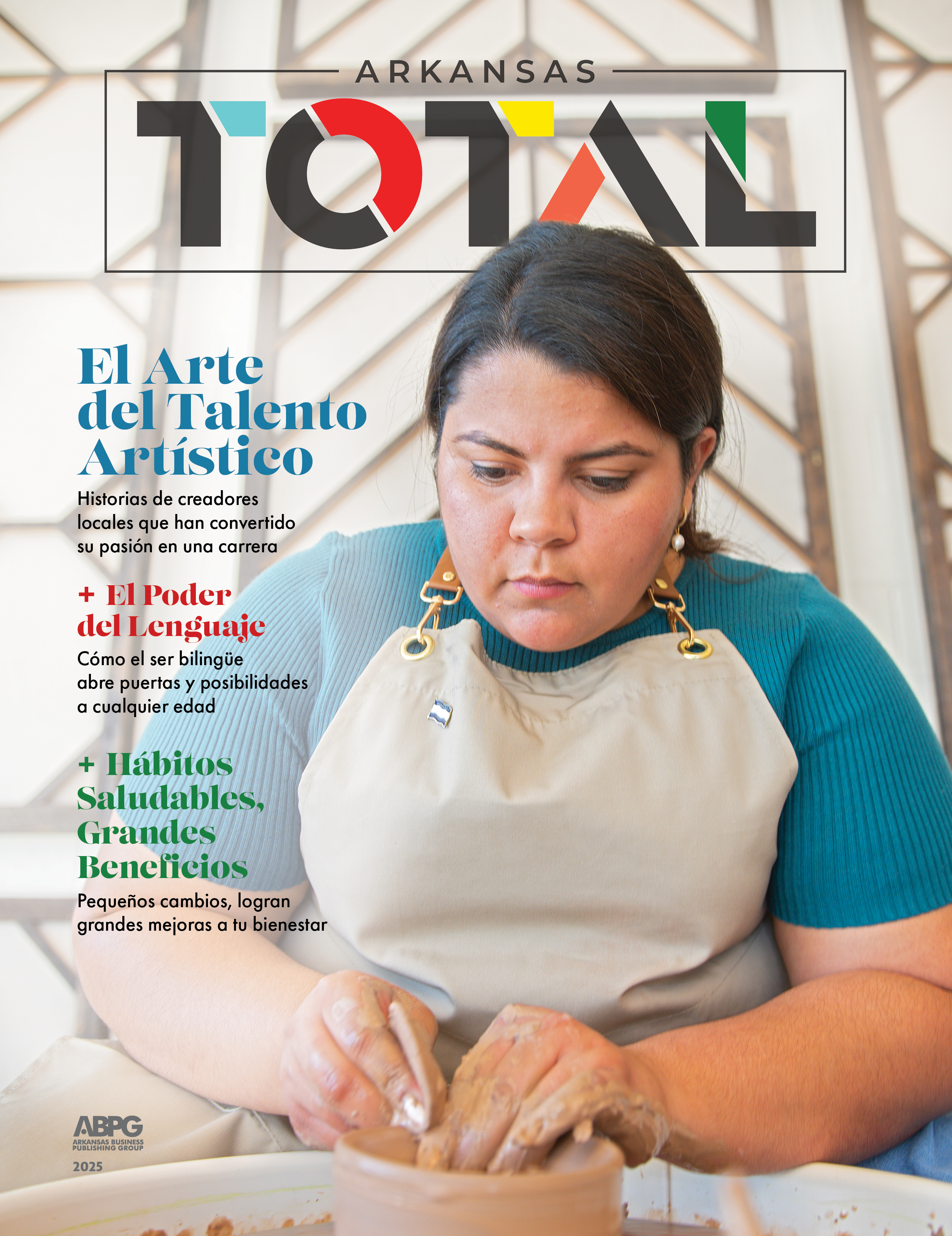Eating Right

También puedes leer este artículo en español, Alimentarse Correctamente
A balanced diet during childhood is essential for physical, cognitive and emotional development. Beyond preventing conditions like obesity, diabetes and high cholesterol, healthy eating at an early age lays a solid foundation for lifelong wellness.
Sara Hurst, founder of Bella’s Kitchen + Wellness in Little Rock, knows this firsthand. When her daughter Isabella began eating solid foods, Hurst found a lack of fresh, nutritious options for babies available locally. What began as a personal concern has grown into a business serving more than 10 schools and summer programs across Arkansas.
Bella’s Kitchen provides fresh lunches, cooking classes and educational resources for children and parents. The business promotes baby-led feeding, a method that encourages children to explore flavors and textures early on to reduce picky eating.
“By educating children about food and letting them take part in its preparation, we foster a positive, mindful relationship with what they eat,” Hurst says. Her approach to wellness also includes simple family routines — like eating together at the table without screens and making fresh fruits and snacks visible and accessible at home.

Hurst recommends starting with small steps: involving children in the kitchen with tasks like mixing ingredients or setting the table and deconstructing meals. For example, a burrito bowl served with separate ingredients allows children to choose what goes on their plate, which she says makes them more open to trying new foods.
She also encourages cooking with familiar, wholesome ingredients — like baked chicken with rice, meatballs with vegetables, and steamed edamame — instead of relying on processed foods.
For families with limited resources, Hurst points to programs like Potluck Food Rescue, which collects surplus food from restaurants and grocery stores and redistributes it at free community markets (potluckfoodrescue.org). She also highlights local spaces like the Dunbar Community Garden and Central Arkansas Library System libraries, where families can find fresh ingredients, cooking workshops and nutrition education at no cost.
Hurst’s story shows that building healthy habits doesn’t require wealth — just awareness, community and consistency.

